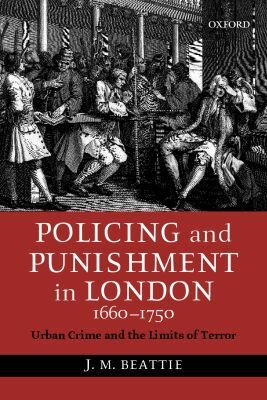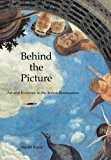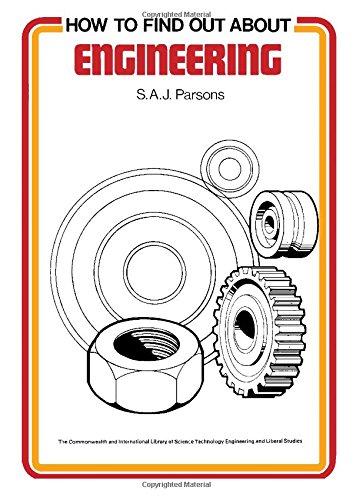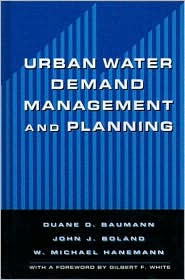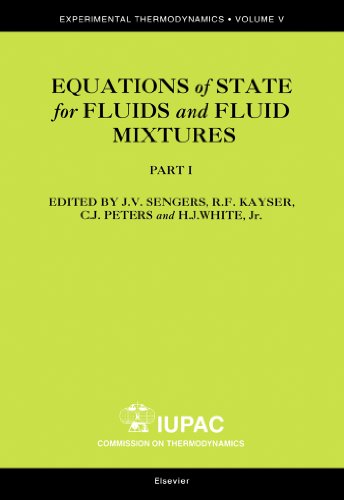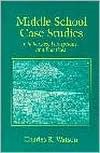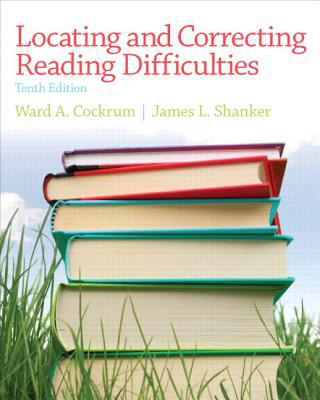Policing and Punishment in London, 1660-1750: Urban Crime and the Limits of Terror
Beattie, J. M.
Examines The Considerable Changes That Took Place In The Criminal Justice System In The City Of London In The Century After The Restoration, Well Before The Inauguration Of The So-called Age Of Reform. The Policing Institutions Of The City Were Transformed In Response To The Problems Created By The Rapid Expansion Of The Metropolis During The Early Modern Period, And As A Consequence Of The Emergence Of A Polite Urban Culture. The City Authorities Were Instrumental In The Establishment Of New Forms Of Punishment--particularly Transportation To The American Colonies And Confinement At Hard Labor--that For The First Time Made Secondary Sanctions Available To The English Courts For Convicted Felons And Diminished The Reliance On The Terror Created By Capital Punishment. Introduction: The Crime Problem -- Policing And Prosecution -- The City Magistrates And The Process Of Prosecution -- Constables And Other Officers -- Policing The Night Streets -- Detection And Prosecution: Thief-takers, 1690-1720 -- Prosecution And Punishment -- The Old Bailey In The Late Seventeenth Century -- The Revolution, Crime, And Punishment In London, 1690-1713 -- Crime And The State, 1714-1750 -- William Thomson And Transportation -- Conclusion -- Bibliography Of Manuscript Sources. J.m. Beattie. Includes Bibliographical References And Index.
Law enforcement--History, Law enforcement--England--London--History--17th century, Law enforcement--England--London--History--18th century, Crime--History, Crime--England--London--History--17th century, Crime--England--London--History--18th century, Punishment--History, Punishment--England--London--History--17th century, Punishment--England--London--History--18th century, Criminal justice, Administration of--History, Criminal justice, Administration of--England--London--History--17th century, Criminal justice, Administration of--England--London--History--18th century, HV8196.L6 B43 2001, 364.9421209032, 364.9421
| Name in long format: | Policing and Punishment in London, 1660-1750: Urban Crime and the Limits of Terror |
|---|---|
| ISBN-10: | 019925723X |
| ISBN-13: | 9780199257232 |
| Book pages: | 520 |
| Book language: | en |
| Binding: | Paperback |
| Publisher: | Oxford University Press |
| Dimensions: | Height: 6.1 Inches, Length: 9.1 Inches, Weight: 1.76590271862 Pounds, Width: 1.1 Inches |

